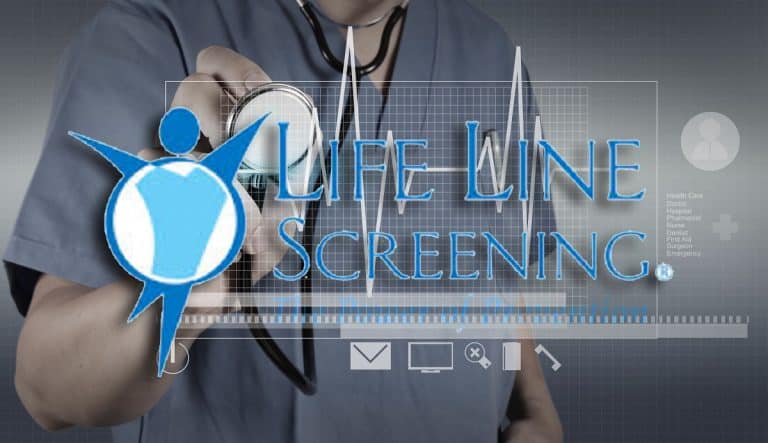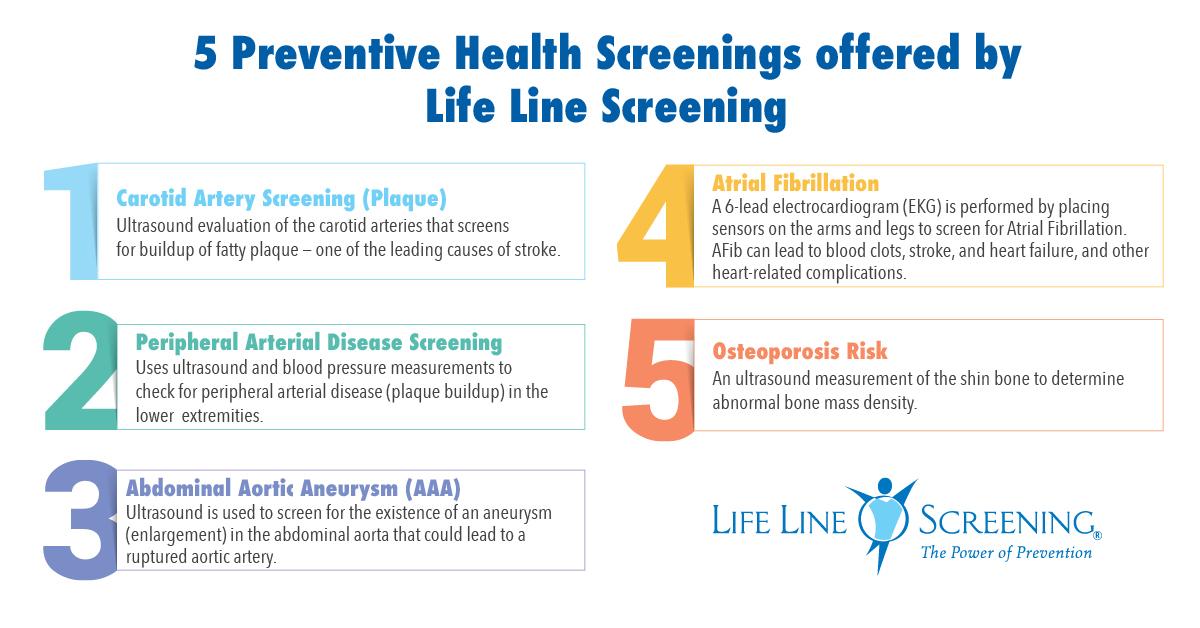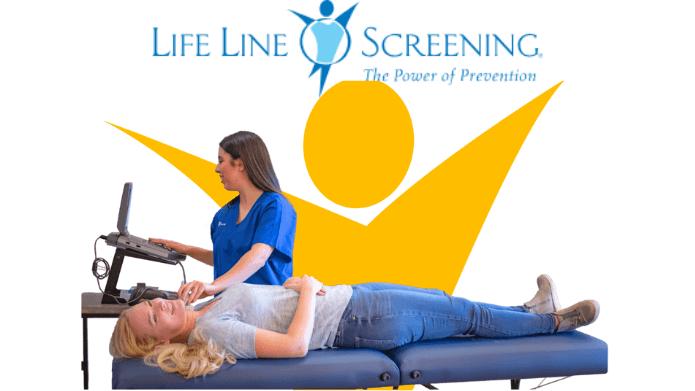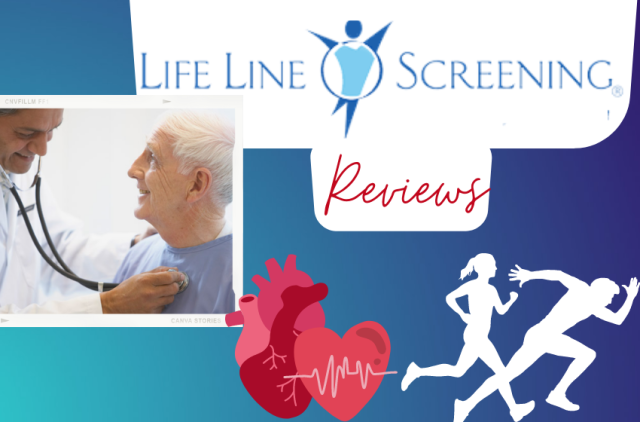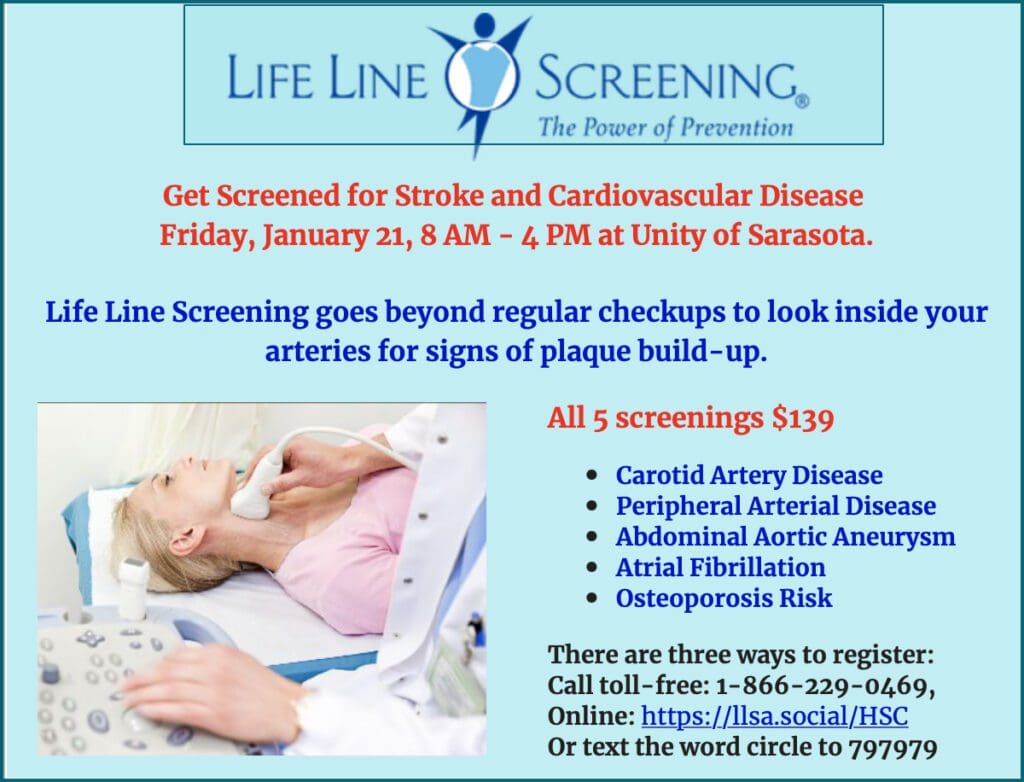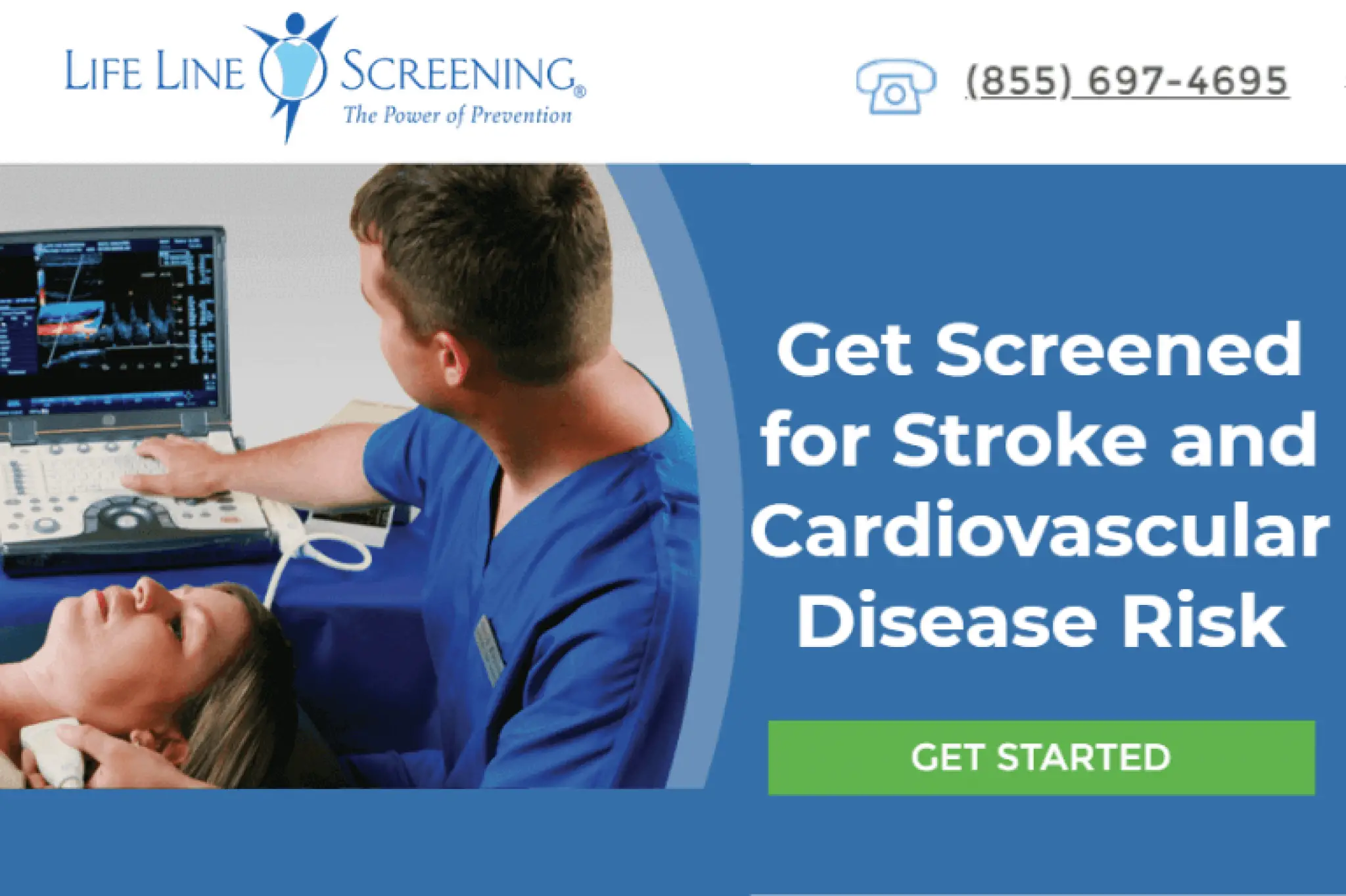What Is The Downside To Life Line Screening

Life Line Screening, a popular direct-to-consumer health screening company, faces increasing scrutiny over its accuracy and the potential for unnecessary anxiety and medical interventions. Critics argue the screenings can lead to false positives, overdiagnosis, and ultimately, harm.
The Promise vs. The Reality
Life Line Screening offers a variety of tests, including those for stroke risk, heart disease, and osteoporosis, often conducted in community centers and churches. These screenings are marketed as a proactive way to detect potential health problems early, however, independent medical experts and investigations raise serious concerns about their clinical value.
The core issue is the high rate of false positives, potentially leading to unnecessary and expensive follow-up tests. This can cause significant anxiety for individuals who are ultimately healthy.
The Accuracy Question
The accuracy of Life Line Screening's tests has been questioned by various medical professionals. The sensitivity and specificity of these screenings may not meet the standards required for diagnostic testing.
Dr. John Abramson, a lecturer at Harvard Medical School, has been vocal about the potential harms of such screenings. He argues that they can lead to overdiagnosis, where individuals are treated for conditions that would never have caused them harm.
This sentiment is echoed by other healthcare providers who see patients referred for additional testing based on Life Line Screening results.
Overdiagnosis and Overtreatment
Overdiagnosis is a significant concern, resulting in unnecessary medical procedures. These procedures can carry their own risks, including complications, side effects from medications, and financial burdens.
For example, a screening for carotid artery stenosis, a narrowing of the arteries in the neck, might detect a minor blockage that would never have caused a stroke. However, the patient may be referred for surgery to remove the blockage, a procedure that carries inherent risks.
Overtreatment exposes individuals to harm without providing any real health benefits.
The Financial Burden
While Life Line Screening markets itself as an affordable option, the costs can quickly escalate. The initial screening fees are just the beginning. Patients often face additional expenses for follow-up appointments, specialist visits, and further diagnostic testing.
Insurance companies may not cover these follow-up tests if they are deemed unnecessary. This leaves patients with significant out-of-pocket expenses.
A comprehensive evaluation of the true cost, including potential downstream expenses, highlights the burden these screenings impose on individuals and the healthcare system.
Lack of Physician Oversight
Life Line Screening typically operates independently of a patient's primary care physician. This lack of integration with established medical care is a cause for concern. The screenings are not a substitute for regular check-ups and preventive care provided by a doctor.
A physician can consider a patient's individual risk factors and medical history. That is something Life Line Screening lacks, leading to potentially inappropriate or unnecessary screening recommendations.
Without proper medical context, the screening results may be misinterpreted or lead to inappropriate interventions.
Independent Investigations and Concerns
Several investigations by news outlets and consumer advocacy groups have raised questions about Life Line Screening's practices. These investigations have focused on the accuracy of the tests, the qualifications of the personnel administering the screenings, and the marketing tactics employed by the company.
One such investigation highlighted instances where individuals were given inaccurate or misleading information about their health. This emphasizes the need for caution when considering Life Line Screening services.
These concerns have prompted some organizations to advise against using Life Line Screening as a primary source of health information.
The Role of Informed Decision-Making
The key takeaway is that patients should be fully informed about the potential benefits and risks of Life Line Screening before undergoing any tests. Discuss these screenings with a primary care physician. Ask about the accuracy of the tests, the potential for false positives, and the implications of abnormal results.
Patients should also be aware of the financial implications of follow-up testing and treatment.
Empowered with this knowledge, patients can make informed decisions about their health care.
Next Steps and Recommendations
Regulatory bodies are being urged to review the practices of direct-to-consumer health screening companies like Life Line Screening. Stricter oversight and quality control measures are needed to ensure the accuracy and reliability of these services.
Furthermore, educational campaigns are needed to inform the public about the limitations of these screenings and the importance of consulting with a physician before making any healthcare decisions.
Individuals who have undergone Life Line Screening should discuss their results with their doctor. A comprehensive assessment of their overall health and risk factors can determine the appropriate course of action.
Prioritizing patient safety and well-being must remain at the forefront.
